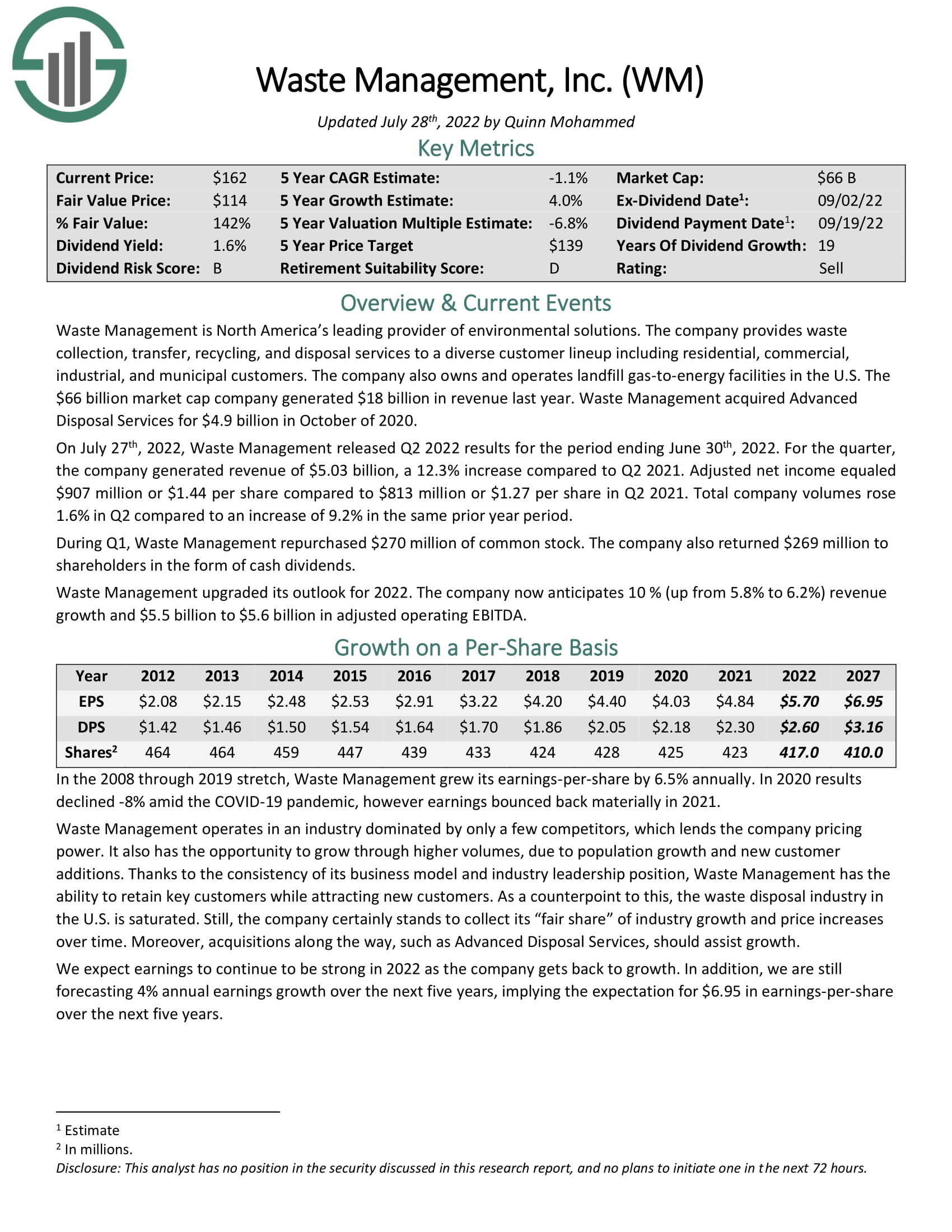The audit profession has been in the news plenty over the years and all over the world, and never for the right reasons. From the Enron scandal in the US that brought Arthur Anderson down with it to the Wirecard impropriety in Europe, which saw Germany’s accounting watchdog fine EY and ban it from some audits in the country.
More recently, Australia’s fourth-largest pension fund suspended new work with PwC Australia, the latest in a string of funds to pause work with the accounting firm over a scandal which first surfaced in January over the misuse of government tax plans.
Reuters reported that the decision by UniSuper, which manages A$115 billion, meant five of Australia’s most significant pension funds, containing a total of some A$865 billion, have paused work with PwC, which said it is a ‘’leading adviser’’ to the sector. Closer to home, KMPG and Deloitte were taken to task by Regulators after the mishandling of the accounts of JSE-listed EOH, Tongaat Hulett and Steinhoff, respectively, came to light. But whether any significant consequences will come of that for the auditors involved remains the $1 million question.
It took the Independent Regulatory Board for Auditors (IRBA) six years to finalise the disciplinary process against the Deloitte auditor involved in African Bank’s fall from grace into curatorship. The hearings of the auditors involved in the Sharemax syndicate had also been tied up in postponement after postponement until 2021, more than a decade after the scandal broke.
But IRBA said at the time that the passing of the Auditing Profession Amendment Act would speed up the procedural drag, and a month or so ago, National Treasury increased the maximum monetary fines that IRBA can impose on auditors and auditing firms who are charged with improper conduct and either admit guilt or are found guilty following a disciplinary hearing.
IRBA is empowered by the Act to investigate complaints of improper conduct where registered auditors are alleged to have acted contrary to the IRBA Code of Professional Conduct or failed to correctly apply auditing standards. The 2021 amendment to the Act was intended to introduce more effective monetary sanctions, which are consummate with improper conduct. This, was in response to the public criticism that monetary sanctions for improper conduct were too low to effectively deal with improper conduct.
The previous maximum fine was R200 000, but now the board can impose R5 million per charge for an individual auditor and R15 million per charge for an audit firm for an admission of guilt. Should there be a disciplinary hearing and an individual auditor is found guilty, the fine is R10 million per charge and R25 million for an audit firm.
But I’m not entirely convinced that the increase in fines will necessarily bring back credibility to the profession because the big firms will always be able to pay large fines, and almost every auditor in the country has indemnity insurance, which will cover the gap.
IRBA told Personal Finance that they could not comment on the firms’ arrangements around indemnity insurance but that the Minister of Finance’s maximum fines were based on research and benchmarked against other local and international regulators.
But given the vast scale of accounting scandals and their devastating effects on employees, pension fund members and investors, it’s not surprising that the public assumes that the underlying problems are corruption —criminal accountants falsifying figures to satisfy their equally unethical clients. But that’s only a small part of the story.
But to attribute most errors to deliberate corruption would be to believe that the auditing profession is rife with crooks — a conclusion that anyone who has worked with or even spoken with accounting firms knows is untrue.
As the Harvard Business Review wrote: “The deeper, more pernicious problem with corporate auditing, as it’s currently practised, is its vulnerability to unconscious bias,” the Harvard Business Review stated. “Because of the often subjective nature of accounting and the tight relationships between accounting firms and their clients, even the most honest and meticulous of auditors can unintentionally distort the numbers in ways that mask a company’s true financial status, thereby misleading investors, regulators, and sometimes management. Indeed, even seemingly egregious accounting scandals, such as Andersen’s audits of Enron, may have at their core a series of unconsciously biased judgments rather than a deliberate programme of criminality.”
As the well-regarded publication rightfully stated: unlike conscious corruption, unconscious bias cannot be deterred by threats of huge fines or suspension from professional bodies. “Rooting out bias, or at least tempering its effects, will require more fundamental changes to the way accounting firms and their clients operate,” it said.
If we are really going to restore trust in the local or global systems of auditing, we will need to go well beyond the provisions of the Sarbanes-Oxley Act or the Audit Profession Act. We will need to embrace practices and regulations that recognise the existence of bias and moderate its ill effects. Only then can we be assured of the reliability of the financial reports issued by publicly listed companies and pension funds and ratified by professional auditors.
PERSONAL FINANCE

















